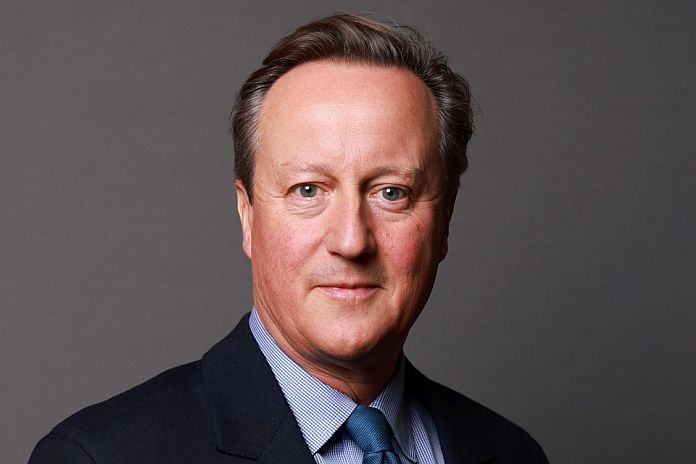- Foreign Secretary David Cameron announces £4.25M in aid to support sexual and reproductive healthcare in Gaza.
- Support expected to help UN agency UNFPA reach more than 110,000 women with community midwives, menstrual hygiene kits and clean birth delivery kits.
- Comes as women and girls in Gaza increasingly at risk of disease, pregnancy complications and gender-based violence.
LONDON / GAZA CITY – UK Foreign Secretary David Cameron has announced new funding to tackle the sexual and reproductive healthcare crisis in Gaza. The £4.25 million in UK aid will help ensure UNFPA, the United Nations sexual and reproductive health agency, can provide life-saving support to vulnerable women and girls.
This support is expected to reach about 111,500 women, around 1 in 5 of the adult women in Gaza. It will support up to 100 community midwives, the distribution of around 20,000 menstrual hygiene management kits and 45,000 clean delivery kits.
Foreign Secretary Cameron confirmed the additional funding in response to a UN flash appeal for the Occupied Palestinian Territories.
Women and girls are particularly at risk from disease, pregnancy complications and gender-based violence in Gaza currently, with 85 percent of people displaced and currently just 13 out of the 36 hospitals partially functional, with one specialist maternity hospital functioning.
Foreign Secretary Cameron, said:
“Women are bearing the brunt of the desperate humanitarian situation in Gaza today. Many thousands of women are currently pregnant and will be worrying about delivering their babies safely. This new UK funding will help make giving birth safer and improve the lives of mothers and their new-born babies. We need to see an immediate pause in the fighting so we can secure the safe release of hostages, get more aid in, and allow organisations like UNFPA to do their vital work effectively.”
UNFPA executive director, Dr Natalia Kanem, said:
“In Gaza, the reality for women and girls is horrific – and getting worse each day. They have little to no access to essential health services and menstrual supplies, and many are forced to give birth in unsafe conditions that put their lives and those of their babies at risk. The support of the United Kingdom and other partners is vital to get lifesaving resources directly to women and girls in desperate need.”
UNFPA is providing life-saving reproductive health supplies for women and girls in Gaza. Since the most recent crisis began, UNFPA has provided nearly 74,000 adolescents and children with psychosocial support and financial support for over 2,000 vulnerable women at risk of gender-based violence to purchase essential menstrual and hygiene items.
There were an estimated 50,000 pregnant women in Gaza at the start of the crisis, with more than 180 births occurring each day and over 5,500 women expected to deliver in the next month.
The UK has trebled our aid commitment to the Occupied Palestinian Territories this financial year and we are doing everything we can to get more aid in and open more crossings, including calling for an immediate pause to get aid in and hostages out.
Israel must take steps, working with other partners including the UN and Egypt, to significantly increase the flow of aid into Gaza including allowing prolonged humanitarian pauses, opening more routes into Gaza and restoring and sustaining water, fuel and electricity.





